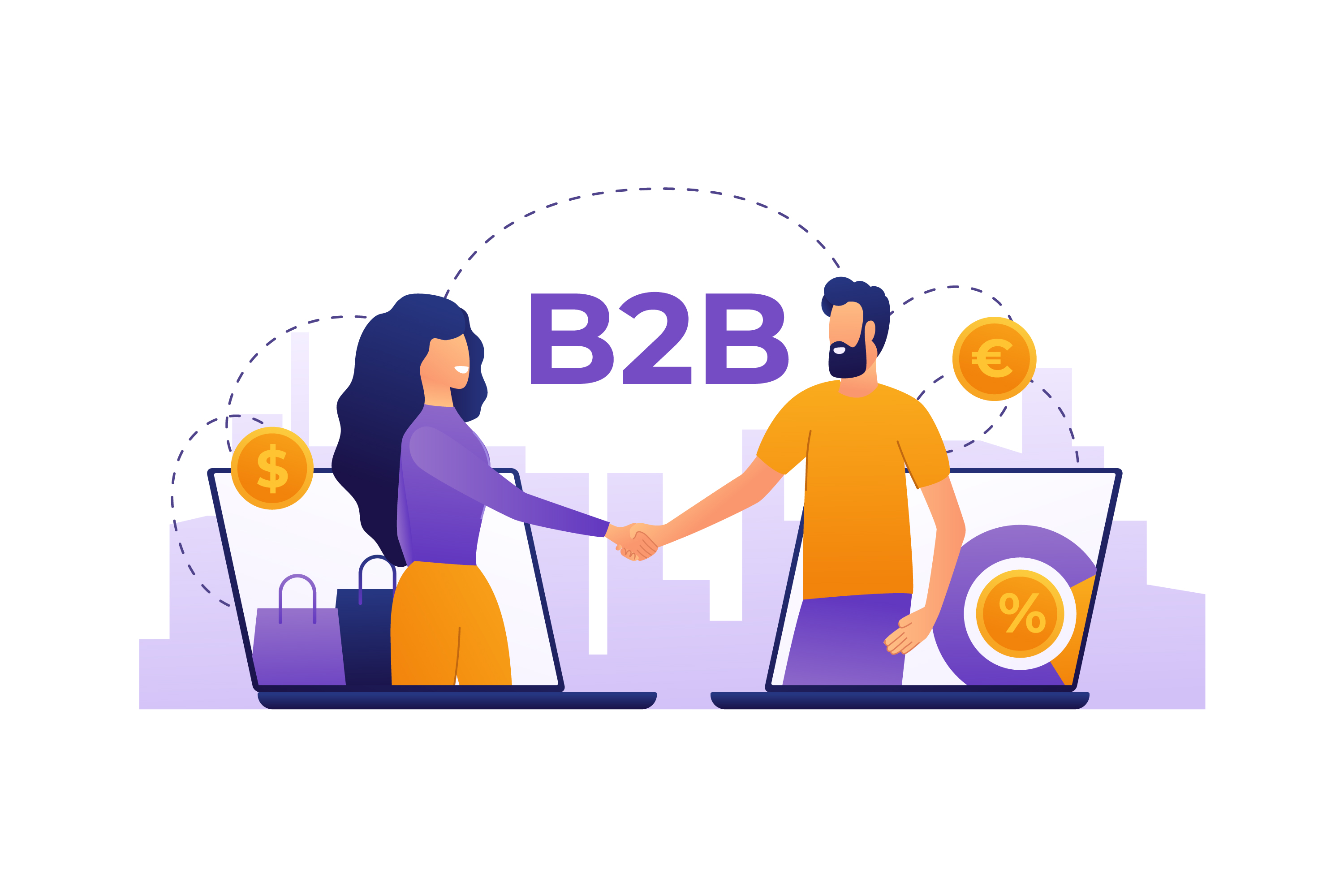I hope you enjoy reading this blog post.
If you want to get more traffic, Contact Us

Click Here - Free 30-Minute Strategy Session
Be quick! FREE spots are almost gone for this Month. Free Quote

Business-to-business (B2B) SEO is a specialised digital marketing strategy aimed at enhancing the visibility of organisations within search engine results, targeting other businesses rather than individual consumers. Unlike B2C, B2B SEO emphasises long sales cycles, complex decision-making processes, and niche target audiences. It ensures businesses connect with key stakeholders, such as procurement specialists, decision-makers, or industry professionals.
Key aspects of B2B SEO include optimising for highly competitive industry-specific keywords, creating thought leadership content, and leveraging data-driven insights. By prioritising organic search visibility, organisations can attract quality leads, build credibility, and support sustainable growth in the competitive marketplace.

Click Here – Free 30-Minute Strategy Session
Be quick! FREE spots are almost gone for this Month
B2B SEO presents distinctive challenges compared to B2C SEO due to longer sales cycles, niche audiences, and decision-making processes involving multiple stakeholders. Unlike consumer-focused SEO, B2B initiatives rely heavily on targeting highly specific keywords that align with industry terminologies and professional jargon. The audience often prioritises informational and detailed content over emotional appeals, demanding high-quality resources like whitepapers, case studies, and technical guides.
Optimising for conversions also requires tailored strategies, as leads in B2B contexts typically pass through multiple touchpoints before making decisions. Additionally, link-building efforts often focus on establishing authority within niche sectors through collaborations, partnerships, or thought leadership content.
Effective B2B keyword research requires a focus on intent and an in-depth understanding of buyer personas. By analysing and categorising keywords based on search intent—such as informational, navigational, or transactional—marketers can better align their content with the specific needs of their target audience.
Buyer personas play a crucial role in identifying relevant keywords. Researching industry-specific pain points, goals, and terminology helps in crafting targeted strategies. B2B search queries often include long-tail keywords and specific terms related to solutions or services. Tools like Google Keyword Planner and SEMrush can assist in identifying high-performing terms that resonate with decision-makers and influencers within the corporate hierarchy.
Crafting an effective content strategy tailored to B2B audiences requires understanding their unique needs and specific decision-making frameworks. Unlike B2C consumers, B2B clients often seek content that is highly detailed, solution-oriented, and backed by industry expertise.
A structured approach strengthens credibility and turns content into a catalyst for conversions.
Effective on-page optimisation is vital for B2B websites to achieve better search rankings and attract qualified leads. Key techniques include optimising page titles and meta descriptions with relevant keywords to improve click-through rates. Ensuring proper keyword usage within headings and content enhances relevance.
Creating compelling, unique content tailored to the target audience establishes authority. Incorporating internal links supports site navigation and boosts SEO. Image optimisation with alt text improves accessibility while reducing page load times. Implementing structured data helps search engines understand content better and enables rich snippets. Regular updates to stale content ensure freshness and alignment with current business goals.
Creating high-quality links in the B2B sector requires a strategic approach that prioritises relevance and industry authority. Unlike B2C environments, B2B link-building relies on fostering professional relationships with authoritative websites, trade organisations, and niche industry publications. Outreach efforts must be tailored to offer mutual value, such as sharing unique insights or collaborating on thought leadership pieces. Emphasising content that aligns with industry standards, such as whitepapers and case studies, ensures credibility. Additionally, leveraging partnerships and sponsorship opportunities effectively amplifies link equity. Focusing on ethical link-building practices prevents penalties while enabling sustained performance in search rankings.
Technical SEO plays a pivotal role in ensuring a website’s overall performance. By focusing on aspects such as site speed, mobile responsiveness, and crawlability, businesses can optimise their digital presence for search engines and users alike. Implementing secure HTTPS protocols enhances trustworthiness, while structured data improves content discoverability.
Key principles include:
By addressing these factors, technical SEO ensures websites function seamlessly, enabling accurate indexing and higher rankings on search engine results pages.
Local SEO plays a pivotal role in helping B2B businesses expand into new markets by enhancing their visibility within specific geographic areas. By targeting local search intent, companies can connect with nearby businesses seeking relevant partnerships or services. Optimising Google My Business profiles, incorporating location-specific keywords, and leveraging customer reviews ensure higher rankings in local search queries.
Key strategies include:
These practices strategically position B2B enterprises to attract new clientele and foster regional brand recognition.
Businesses must meticulously evaluate the return on investment (ROI) of their SEO strategies to ensure effectiveness and consistent growth. Measuring ROI involves assessing metrics such as organic traffic, keyword rankings, and lead generation.
Key performance indicators (KPIs) to prioritise include:
Using tools like Google Analytics or CRM platforms, organisations can attribute revenue directly to SEO initiatives. Regular reporting keeps stakeholders informed, enabling refinement of strategies to maximise profitability.
As technology evolves, B2B SEO practices must adapt to meet changing needs and behaviours. Key trends shaping the future include:
Ensuring adaptability to these trends will require businesses to continuously upgrade strategies, invest in tools, and prioritise user-centric approaches.

LEAVE A REPLY